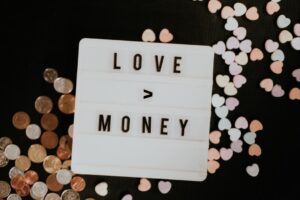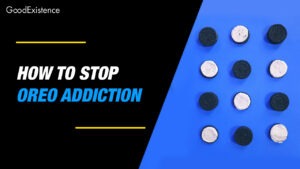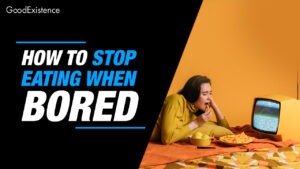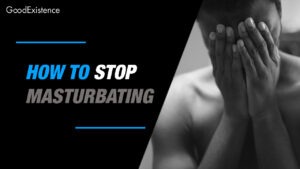Have you ever felt so lost in someone that you forgot who you were without them?
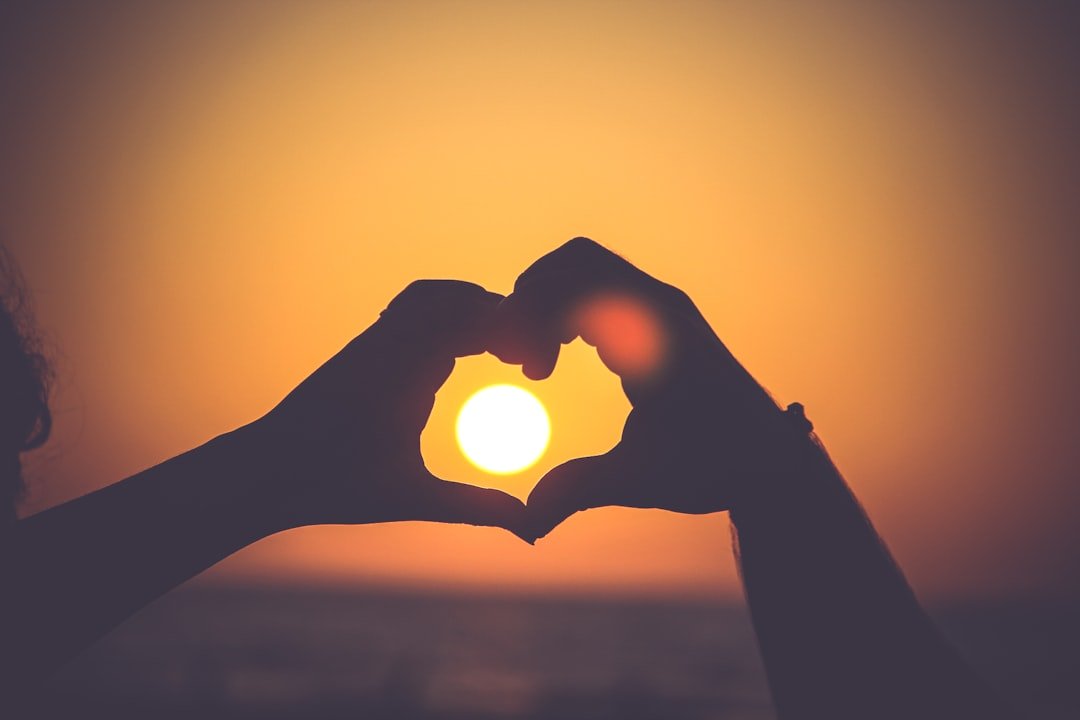
I get it. That feeling of needing something outside of yourself to feel whole is powerful. For years, I felt that with gaming and binge eating. It was a cycle of searching for comfort and escape in things that ultimately left me feeling empty and more lost than before. Love and relationships can sometimes feel the same way. We all want to love and be loved. It’s a beautiful, natural part of life. But sometimes, that desire can twist into something that looks more like an addiction than a healthy connection.
True love should add to your life, not become your entire life. It should feel like a safe harbor, not a stormy sea you can’t escape. If you’re worried that your approach to love might be hurting you more than helping you, you’re in the right place. Let’s walk through this together.
The Difference Between Healthy Love and Love Addiction
Healthy love is about partnership. It’s two whole people coming together to share their lives while maintaining their own identities, friends, and personal goals. You support each other’s growth. You don’t depend on each other for your very sense of self.
Love addiction is different. It’s characterized by a desperate, obsessive need for a partner. The focus isn't on a healthy partnership. It's on using the relationship to avoid pain, loneliness, or a feeling of emptiness inside. The relationship becomes the solution to all of life's problems, which is a weight no person or relationship can bear.
If this sounds familiar, don’t feel ashamed. Recognizing a pattern is the first step toward changing it. I had to face my own unhealthy patterns head-on to begin my journey of losing over 110 pounds and finding a balanced life. Honesty is where freedom begins.
20 Warning Signs of Love Addiction
Read through these signs with an open heart. See if any of them resonate with you. This isn’t about judgment. It's about awareness.
- You feel empty or lost when you're alone. The thought of being single fills you with dread or panic.
- You put new partners on a pedestal. You see them as perfect or as your "savior" ignoring any flaws or red flags.
- You abandon your own hobbies and interests. Your life starts to revolve completely around your partner’s life.
- You drop your friends and family for your partner. You isolate yourself from your support system.
- You confuse intensity with intimacy. You mistake drama, jealousy, and turmoil for passion and deep connection.
- You need constant reassurance from your partner. You look to them to define your self-worth.
- You tolerate unacceptable behavior. You stay even when you’re being disrespected, neglected, or mistreated, just to avoid being alone.
- You use relationships to escape your problems. You jump into a new romance to avoid dealing with pain, fear, or responsibility.
- Your thoughts are obsessive. You can't stop thinking about your partner, analyzing every text and conversation.
- You feel withdrawal symptoms after a breakup. You experience intense anxiety, depression, or sleeplessness, similar to substance withdrawal.
- You jump from one serious relationship to the next. You never give yourself time to heal or be single.
- You believe a partner will "complete" you. You feel like you’re only half a person without a relationship.
- You lose your identity. You start to morph into who you think your partner wants you to be.
- You neglect other areas of your life. Your work, health, or personal goals suffer because the relationship takes all your energy.
- You try to control your partner. Your fear of abandonment leads to jealousy and possessive behavior.
- You give up your values for the relationship. You compromise your core beliefs to keep your partner happy.
- You feel desperate to find a partner. You’ll settle for almost anyone just to be in a relationship.
- You can't set healthy boundaries. You have trouble saying "no" and let your partner cross lines they shouldn't.
- You get your only sense of excitement from the relationship. Life feels dull and gray without romantic drama.
- You repeatedly return to unhealthy relationships. You know it’s bad for you but the pull is too strong to resist.
Finding Your Way Back to Yourself
Seeing yourself in that list can be tough. I remember the moment I realized how much of my life was controlled by unhealthy habits. It was scary, but it was also a turning point. If you’re ready for a turning point, here are a few simple places to start.
1. Acknowledge the Pattern Without Judgment
The first step is simply to be honest with yourself. Say it out loud: "I think I have an unhealthy pattern with relationships." That’s it. You don’t have to have all the answers. Just admitting it takes away its power and opens the door to change.
2. Reconnect With Who You Are
Think back to a time before your current or last relationship. What did you love to do? What music did you listen to? What made you laugh? Make a small effort to bring one of those things back into your life. Maybe it's listening to an old album, picking up a book, or going for a walk in a park you love. It’s about remembering the "you" that exists outside of a couple.
3. Build a Stronger Foundation
My journey of breaking free from addiction wasn't just about changing my habits. It was about rebuilding my life on a stronger foundation. For me, that foundation is my faith. I had to learn that my value wasn’t tied to my weight, my productivity, or someone else's opinion of me. My worth comes from God. That truth gave me a stability that no person or external thing ever could. When you feel secure in who you are at your core, you stop looking for other people to fill a void that only a relationship with God can truly fill.
4. Seek Wise Support
You don’t have to do this alone. Talk to a trusted friend, a family member, or a leader in your church. Sometimes, professional help from a counselor or therapist who respects your values can provide the tools and guidance you need. Sharing your struggle with someone you trust can make all the difference.
Breaking free from any unhealthy dependency is a process. It’s not about perfection. It’s about progress. It’s about taking small steps, day by day, to build a life that is truly your own—a life so full and meaningful that a relationship becomes a wonderful addition, not a desperate necessity.
What is one small thing you can do for yourself today?

